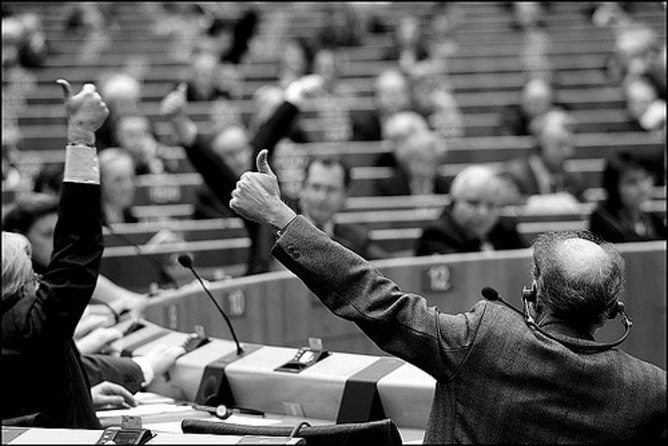India Chooses to Remain Out of the TPP
In October last year, trade ministers from 12 countries reached an agreement on the Trans-Pacific Partnership (TPP). On 4 February, the agreement was signed. These developments have intensified debates within India about whether the country could fit into the TPP’s structure, either now or in the future.




